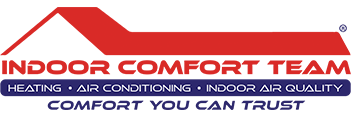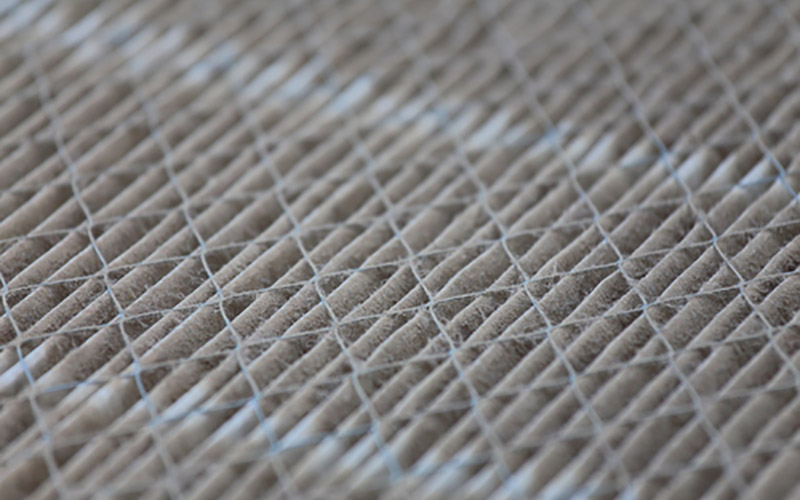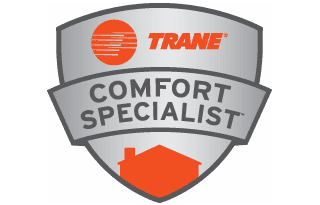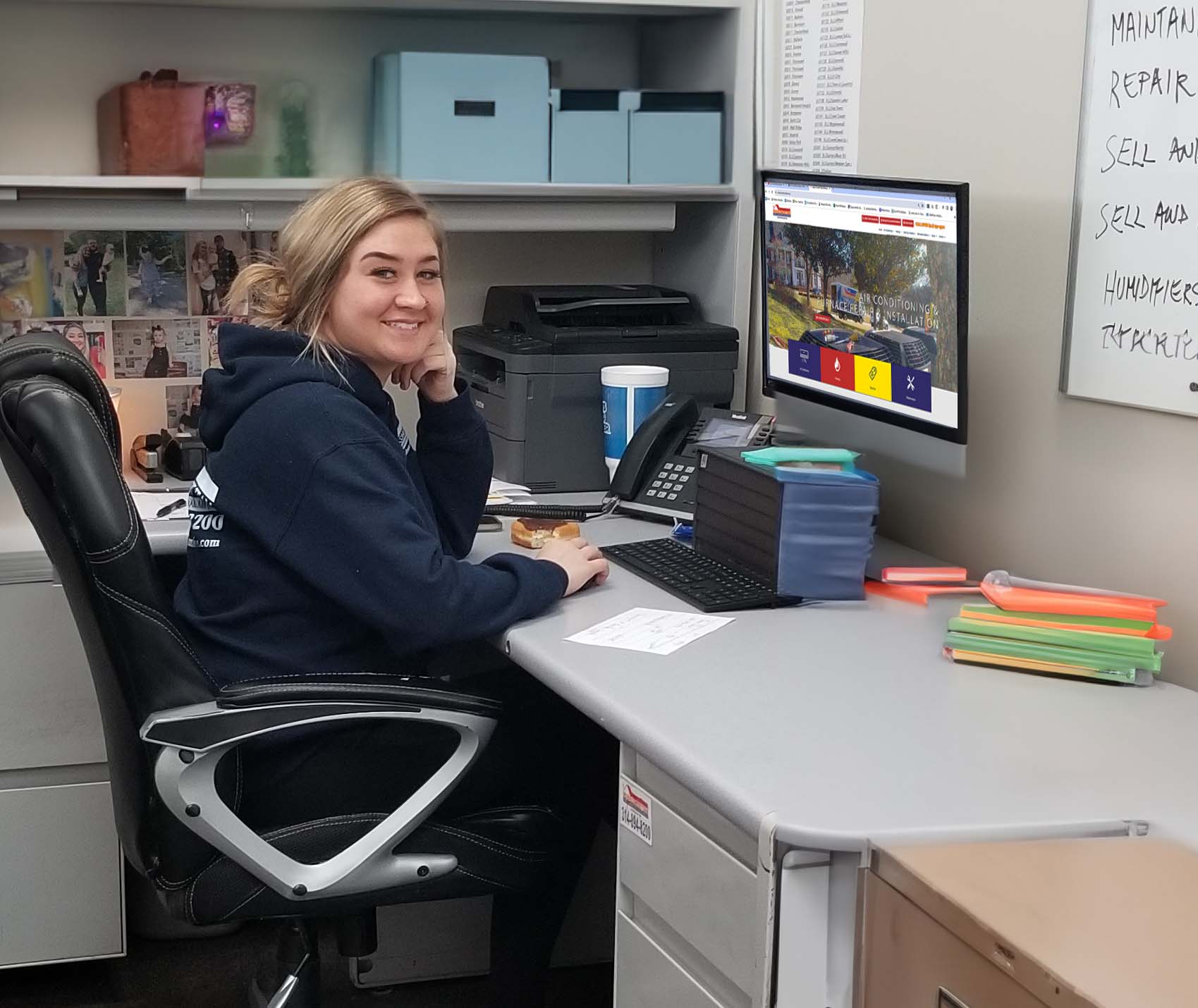If you’re like many St. Louis homeowners, you probably don’t give your HVAC air filters much thought. It may seem trivial, but your choice of air filters can dramatically alter both your indoor air quality and your system’s efficiency. For optimal comfort, wellness and performance, it’s worth understanding the pros and cons of your filtration options.
Spun Fiberglass Filters
Most filters made for HVAC systems are disposable, which means they have to be replaced once they become too soiled. Since HVAC filters are specifically designed to trap airborne particles, it’s no surprise that they can become dirty relatively quickly. A filter’s lifespan depends on a variety of factors, but many need to be replaced as often as once a month. With that in mind, many people rely on the simplest and most affordable option to save some money. In most cases, that means choosing some type of fiberglass filter.
As the name suggests, spun fiberglass filters are simply composed of strands of glass fibers that are spun together. A low price point makes these filters very popular among budget-conscious homeowners, but those savings also require making some compromises. Spun fiberglass has less surface area than other media types, which limits its filtration capacity. Fiberglass filters effectively trap lint, dust and other large particles, but they offer little protection against smaller, more hazardous particulates. On the other hand, porous fiberglass media may be less restrictive and less likely to impact HVAC system airflow and performance.
Pleated Air Filters
When it comes to filtration performance, it’s all about maximizing the surface area of the filter media. With fiberglass filters, this is typically done by using thicker media. However, increasing the thickness of a filter also increases its air resistance, which can decrease static pressure inside your ductwork. This forces your HVAC system to work harder, causing it to consume more energy and wear down more quickly. As a result, it can be challenging to find the right balance between filtration and efficiency.
With pleated filters, however, there are a few key differences that help solve this conundrum. Instead of fiberglass, pleated filters are usually made with sheets of polyester or cotton. These sheets are repeatedly folded in alternating directions, producing filter media resembling the bellows of an accordion. This pleating substantially increases the filter’s surface area without having to make the media thicker. The end result is a filter that traps particulates far more effectively without excessively restricting the free flow of air. Pleated filters are more costly than fiberglass, but they also generally last longer. Some types can be cleaned and reused as well, reducing replacement costs.
HEPA Filters
Unlike other filter types, HEPA filters aren’t named according to a specific material or type of media. Instead, high-efficiency particulate air (HEPA) is a class of filters that meet or exceed specific standardized benchmarks for filtration performance. In order to earn the HEPA label, a filter must be able to trap at least 99.97% of airborne particles. In other words, you can trust HEPA filters to virtually eliminate dust, dander, mold, pollen and other potentially harmful particulates.
There are several varieties of HEPA filters, but most are made from thermoplastic polymers or glass microfibers. The media is usually densely pleated to maximize surface area and filtration ability. This type of high-level filtration isn’t necessary for every home, but it has some important benefits. With improved indoor air quality, you can experience better health, more restful sleep and a cleaner, more comfortable home. Unfortunately, standard HEPA filters are too restrictive to meet the airflow needs of most residential HVAC systems without modifications. If you’re considering a high-efficiency HEPA filter, be sure to consult an HVAC professional to avoid any unintended consequences.
Selecting the best air filters for your St. Louis home is clearly important, but it can be a difficult decision. For expert guidance and high-quality products, just call on the friendly indoor air quality specialists at Indoor Comfort Team.





